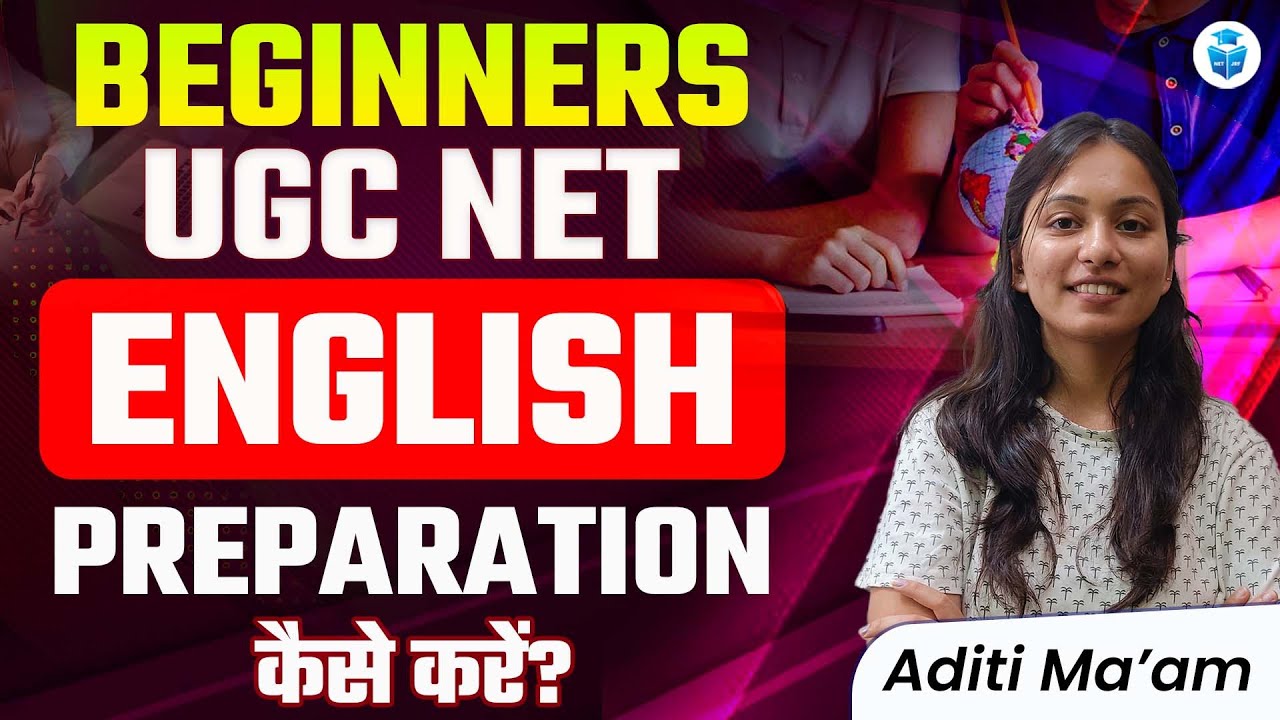
Get an Instant Callback by our Mentor!

The UGC NET (National Eligibility Test) stands as a beacon for aspirants eyeing careers in English Literature research or lectureship. Renowned for its competitiveness, this exam opens doors to prestigious research and teaching opportunities across India. Understanding its format and nuances is crucial for effective preparation.
Exam Overview:
Format: Online examination comprising two papers - Paper 1 (General) and Paper 2 (Subject-specific).
Questions: 150 multiple-choice questions (MCQs) to be answered in 2 hours.
Subjects: Paper 1 covers general topics, while Paper 2 focuses on the chosen subject, in this case, English Literature.
Eligibility and Benefits
Before diving into preparation, understanding the eligibility criteria and benefits associated with UGC NET is essential.
Eligibility:
Master's course pursuit in English Literature or related fields.
Age limit for Junior Research Fellowship applicants: 30 years (general category) with relaxation for reserved categories.
No upper age limit for Assistant Professor openings.
Benefits:
Secure payslip ranging from 20,000 to 32,000 per month.
Job security and additional perks.
Exam Pattern and Selection Process
Familiarizing yourself with the exam pattern and selection process lays a strong foundation for effective preparation.
Exam Pattern:
Paper 1: Common to all subjects, testing general aptitude.
Paper 2: Subject-specific, assessing knowledge in English Literature.
1/4th negative marking for incorrect answers.
Selection Process:
Candidates securing the cut-off scores qualify for UGC NET openings.
Cut-off varies annually based on factors like vacancies and difficulty level.
Preparing for the UGC NET English Literature exam necessitates a systematic approach tailored to each paper's requirements.
Paper 1:
|
Subjects |
Focus Areas |
|
Environmental Sciences |
Environmental concepts and issues |
|
General Sciences |
Basic science knowledge |
|
Research Aptitude |
Research methodologies and techniques |
|
Teaching Aptitude |
Teaching methods and pedagogical concepts |
|
Computer |
Basic computer knowledge and applications |
|
Education |
Educational theories and practices |
|
Indian Polity |
Indian political system and governance |
|
History and Important Dates |
Historical events and dates |
Paper 2:
|
Topics |
Focus Areas |
|
Chaucer to Shakespeare |
Major works and contributions |
|
Romantic Period |
Literary movements and prominent figures |
|
Victorian Period |
Key themes and literary developments |
|
Modern Period |
Influential writers and their works |
|
Contemporary Period |
Contemporary literary trends and themes |
|
History of English Language |
Evolution of English language and its impact |
|
English Language Teaching |
Pedagogical approaches in English language teaching |
|
Indian Writing in English |
Prominent Indian English writers and their works |
|
Contemporary British Literature |
Notable British literary figures and works |
|
Modern British Literature |
Literature from the modern era |
|
American and other non-British English Literature |
Contributions of non-British authors |
|
Contemporary Theory |
Modern literary theories and critical approaches |
|
Literary Theory and Criticism |
Major literary theories and critics |
Utilizing reliable study materials is pivotal for comprehensive preparation. Here are some recommended books for UGC NET English Literature exam:
|
Name of Book |
Author/Publisher |
Features |
|
NTA UGC NET Teaching and Research Aptitude |
KVS Madaan, Pearson |
Crisp theory, chapterwise questions, 1000+ MCQs |
|
UGC NET/SET English Literature |
Arihant |
5500+ MCQs, solved papers, updated syllabus |
|
An Objective & Analytical Approach to English Literature for UGC NET-JRF |
Dr. Vivekananda Jha |
Expert tips, 1000s of solved questions, chapterwise question bank |
|
NTA UGC English Literature |
Trueman Publication |
Solved papers, 5000+ MCQs, expert tips |
Expert Tips and Tricks
Maximize your preparation efficiency with these expert tips and tricks:
1. Begin with Paper 1 topics as they are time-consuming.
2. Practice multiple UGC NET English Literature practice tests.
3. Solve questions from previous years' papers.
4. Minimize guesswork to avoid negative markings.
5. Attempt mock tests to simulate exam conditions.
Streamlined 2.5-Month Study Plan
For efficient preparation, here's a streamlined 2.5-month study plan:
|
Week |
Topics Covered |
|
Week 1 |
Foundation and General Topics |
|
Week 2 |
Literary History and Chaucer to Shakespeare |
|
Week 3 |
Drama and Shakespeare's Contemporaries |
|
Week 4 |
Poetry - From Canterbury Tales to Modern Poetry |
|
Week 5 |
Fictional Stories and Literary Criticism |
|
Week 6 |
Contemporary Literature and Literary Theory |
|
Week 7 |
Revision and Practice |
Throughout the preparation period, refer to recommended books, utilize online resources, and maintain a balance between study and relaxation.
Prepare diligently, and success in the UGC NET English Literature exam will be within reach!
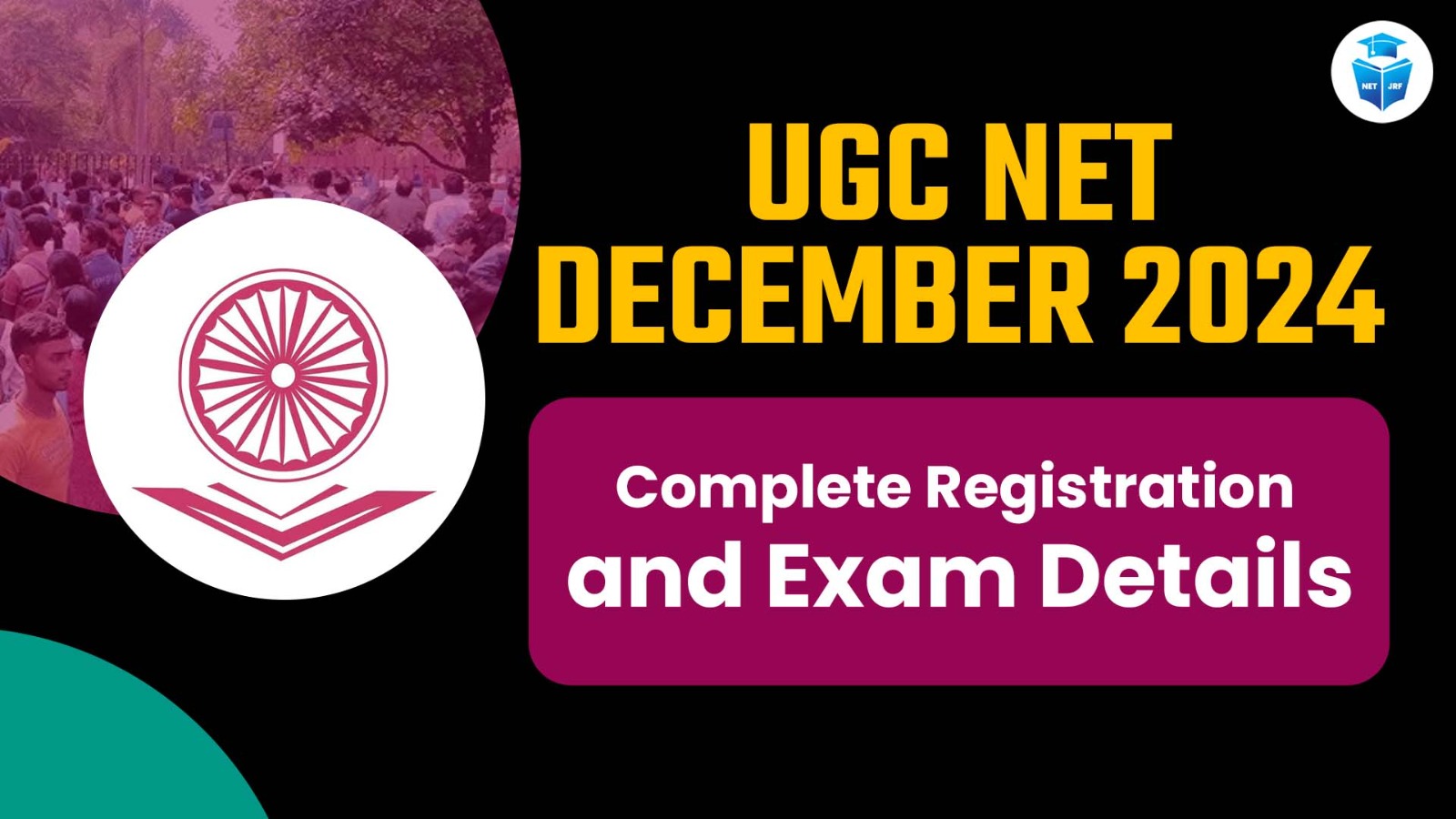
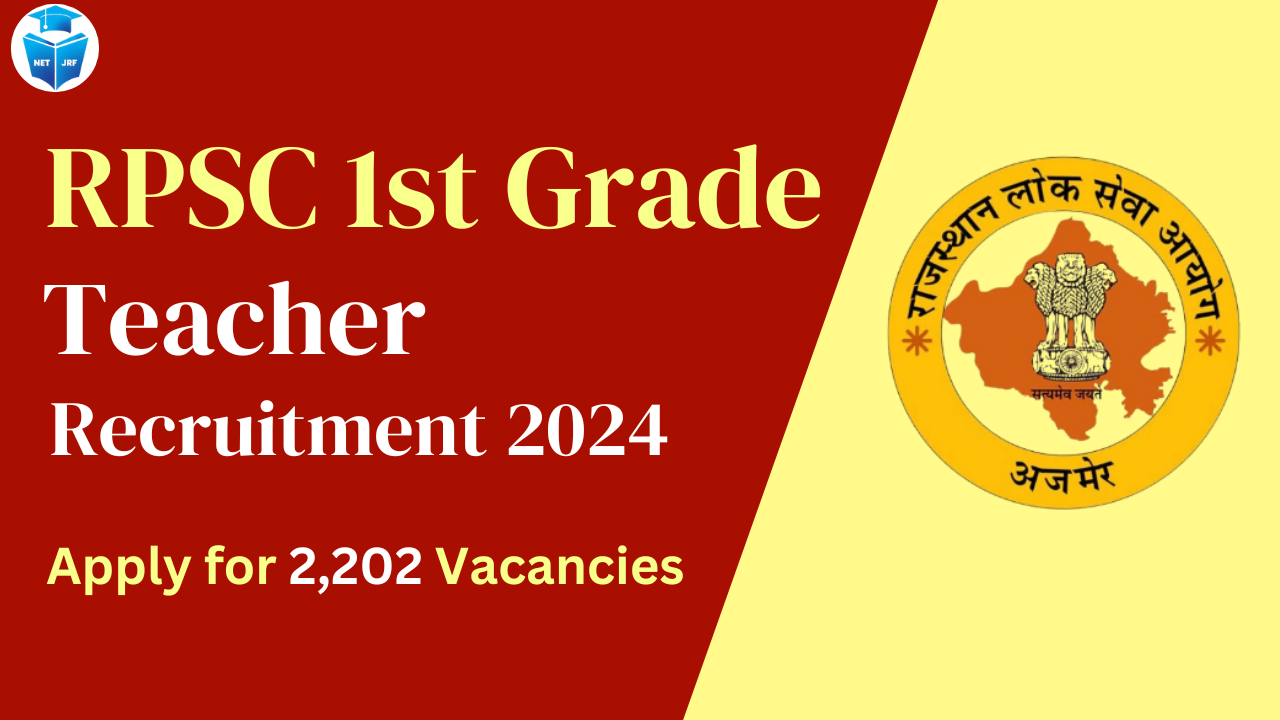
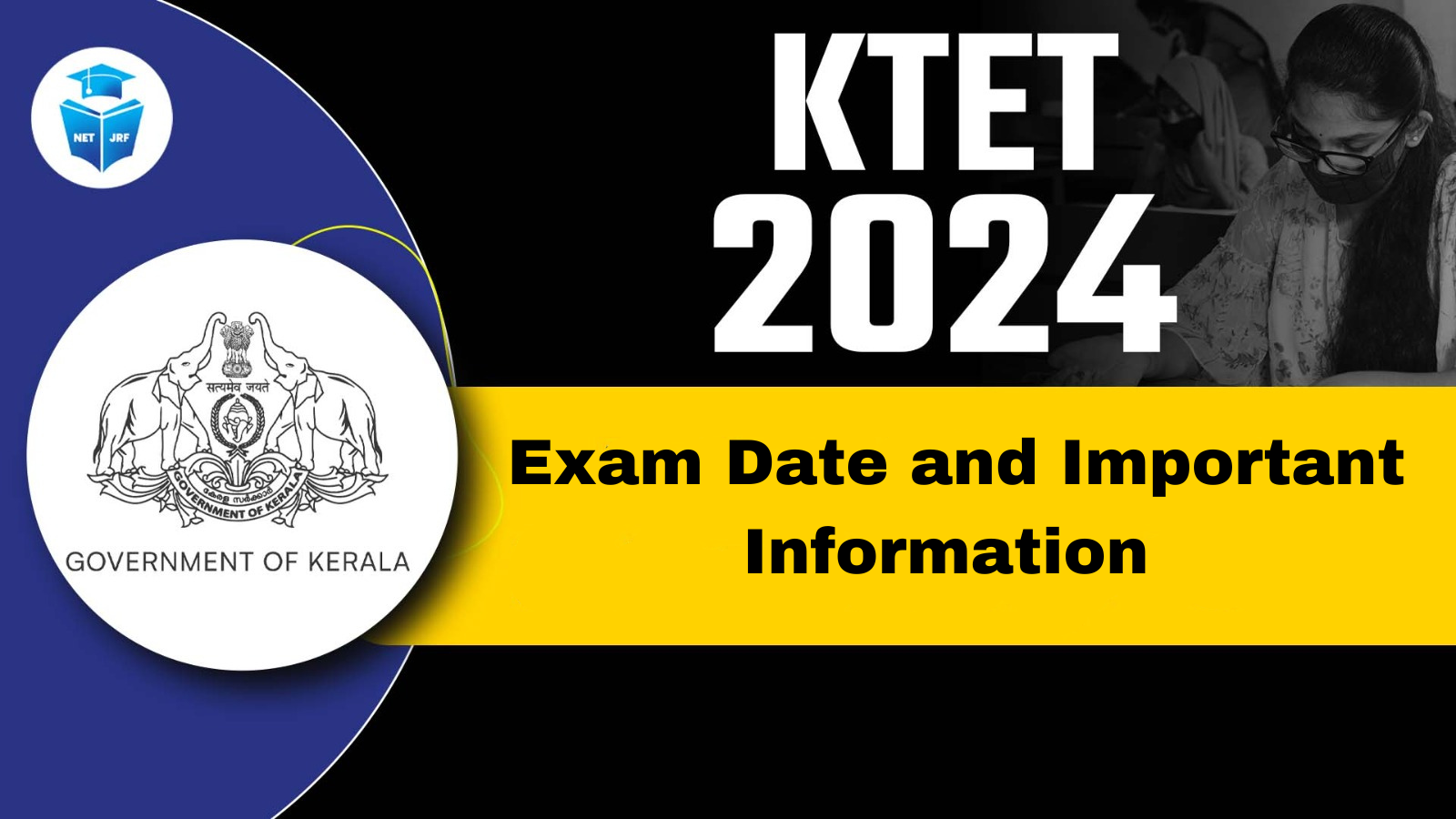
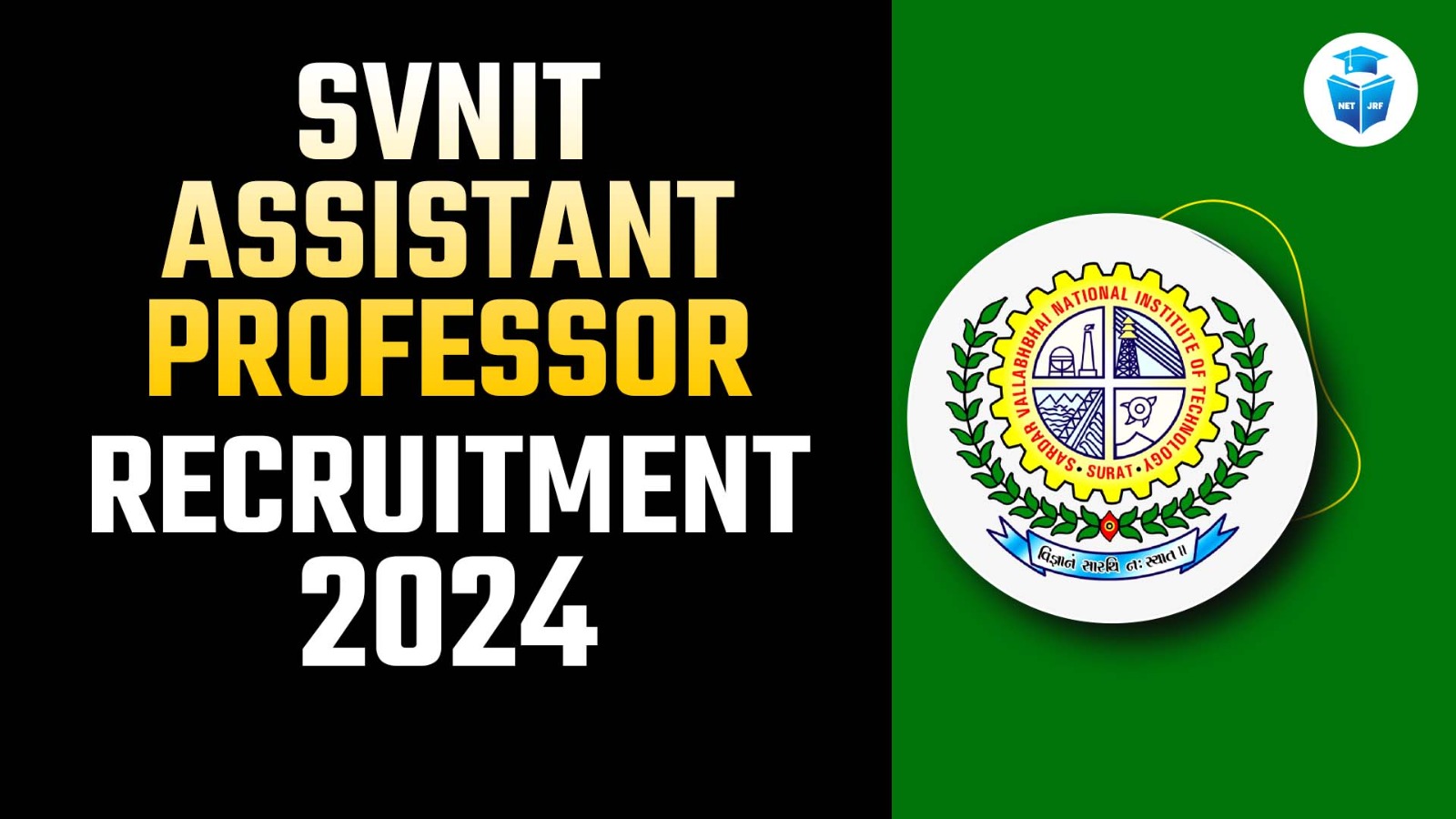
.jpeg)
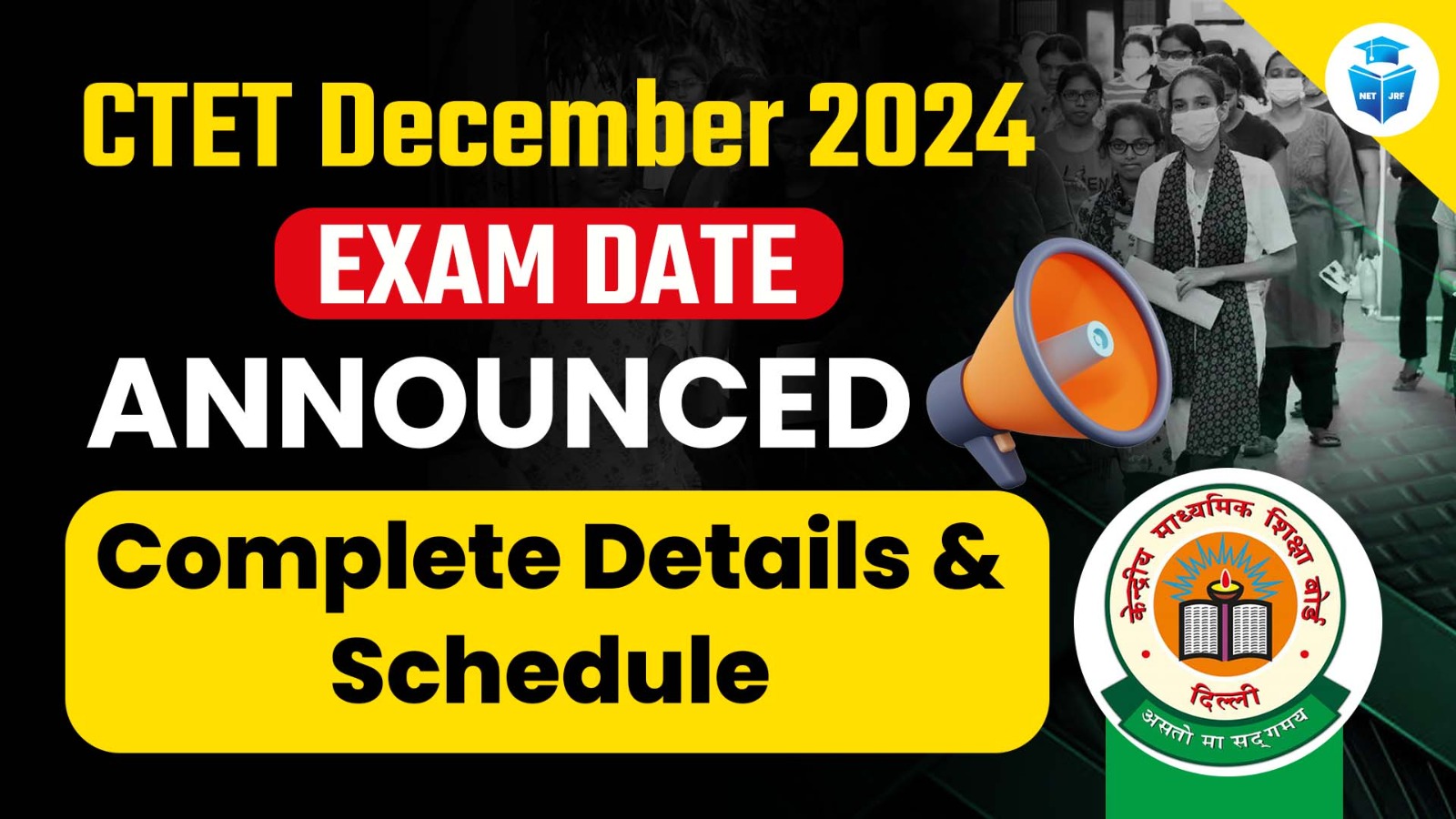

Founder of JRFAdda, is a Computer Science educator with an MCA degree and JRF qualification. Her experience includes roles as an SBI SO (DBA), work at Cognizant, and over 5 years of teaching online and offline. She has also served as a Government Computer Teacher in Rajasthan.